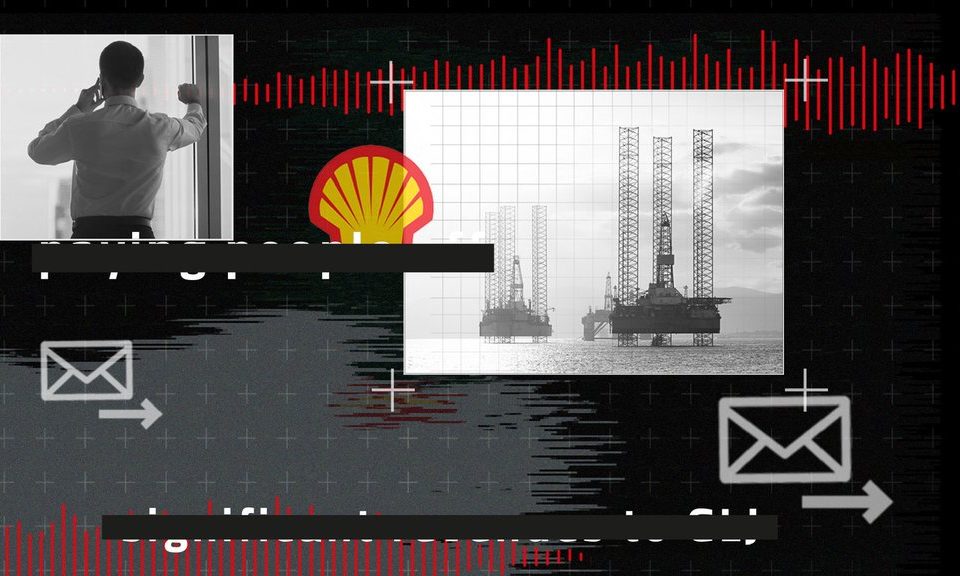June 2018
Senior executives at Shell knowingly took part in a vast bribery scheme that robbed the Nigerian people of $1.1 billion. Now, the company and its staff are on trial in what is perhaps the biggest corruption case the oil industry has ever seen.
In 2011, two of the world’s biggest oil companies, Shell and Eni, bought one of West Africa’s largest oil fields located off the coast of Nigeria, also known as OPL 245. They transferred $1.3 billion to an account set up by Nigerian officials to buy the licence for this oil block — or the equivalent of 80 percent of Nigeria’s 2015 health budget.
But ordinary Nigerians saw almost none of the proceeds of the deal.
Instead, $1.1 billion went into the pockets of Malabu Oil and Gas, a company secretly owned by former Nigerian oil minister and convicted money launderer Dan Etete.
Etete had previously awarded Malabu the rights to the field without declaring that he controlled the company. According to Italian prosecutors investigating the case, at least $520 million of the money that went to Malabu was turned into cash and distributed as bribes to senior Nigerian officials.
The deals all took place behind closed doors.
Both Shell and Eni claimed they did not know the money was going to Malabu and Etete but evidence revealed by Global Witness found that Shell executives knew they were taking part in a private transaction and that the money was likely to be used as bribes.
The case — the biggest corruption trial the oil industry has ever faced — is taking place in a court in Milan. Shell, Eni and their executives facing trial have all denied any wrongdoing. But Barnaby Pace of Global Witness commented:
‘This trial should be a wake-up call to the oil industry. Some of the most senior executives of two of the biggest companies in the world could face prison sentences for a deal that was struck under their watch.’
This is just one example of how big oil companies are ready to make unscrupulous payments to governments in order to access some of the world’s largest fossil fuel reserves.
Clearly, greater transparency over companies’ payments to governments over the award of blocks and license rights is needed. And oil companies and their executives must be held accountable where they are found to have broken anti-corruption laws. In the words of Lanre Suraju, Chairman of Nigerian NGO Human and Environmental Development Agenda:
‘This trial is a clear signal that it is no longer business as usual for oil companies in Nigeria. It’s time justice was served.’
